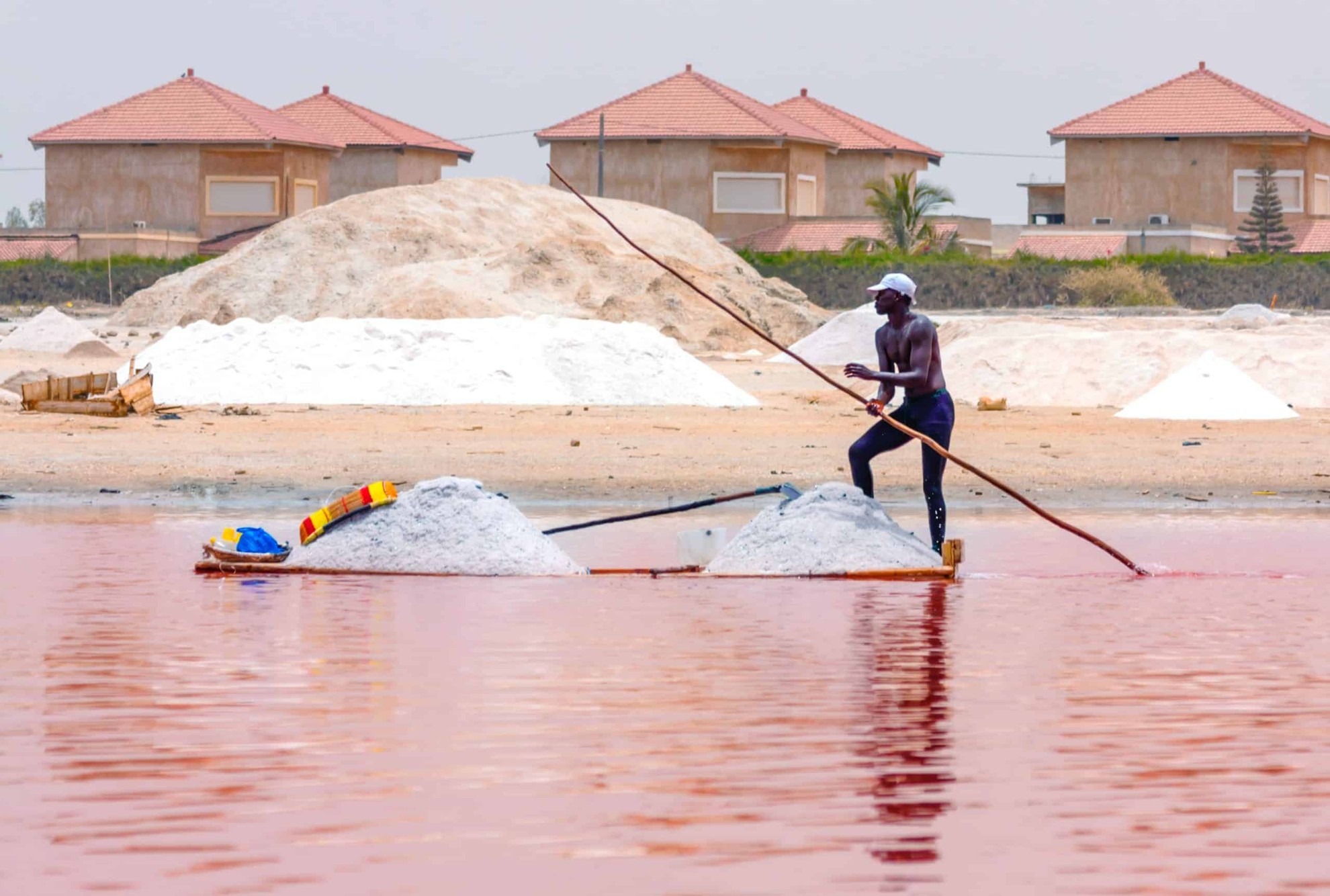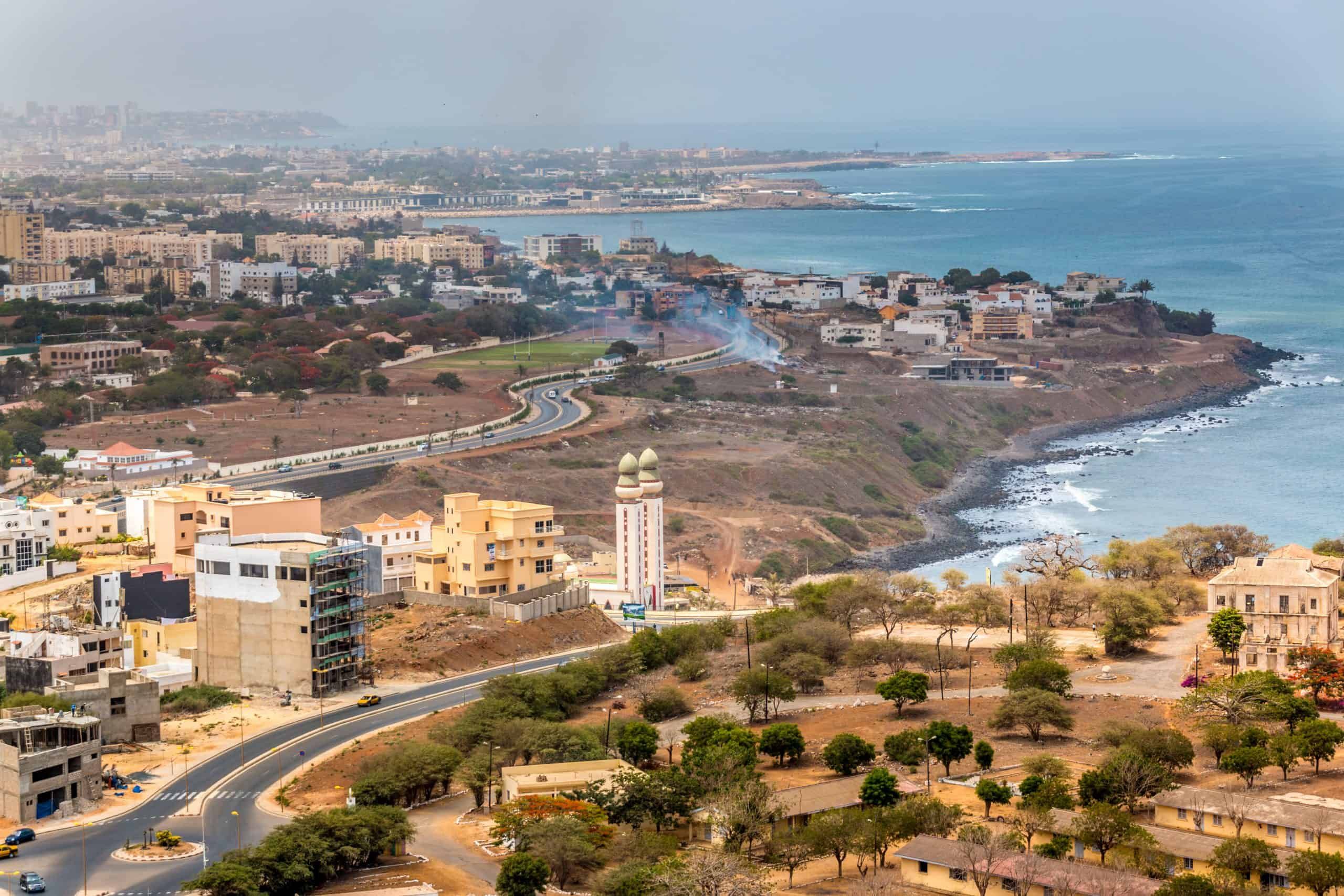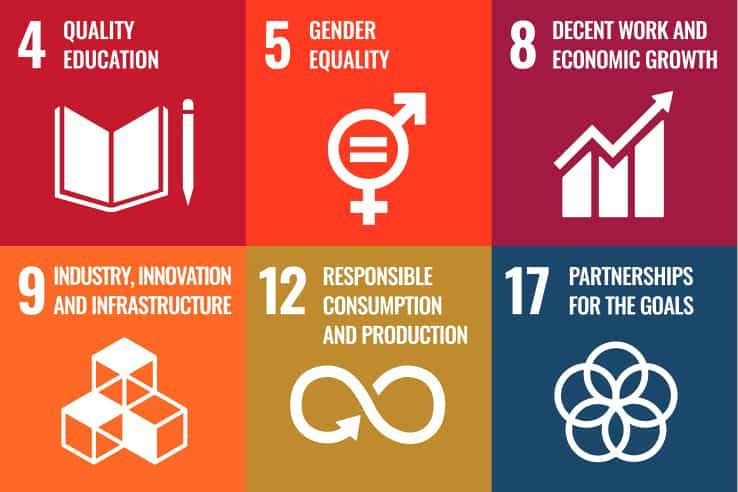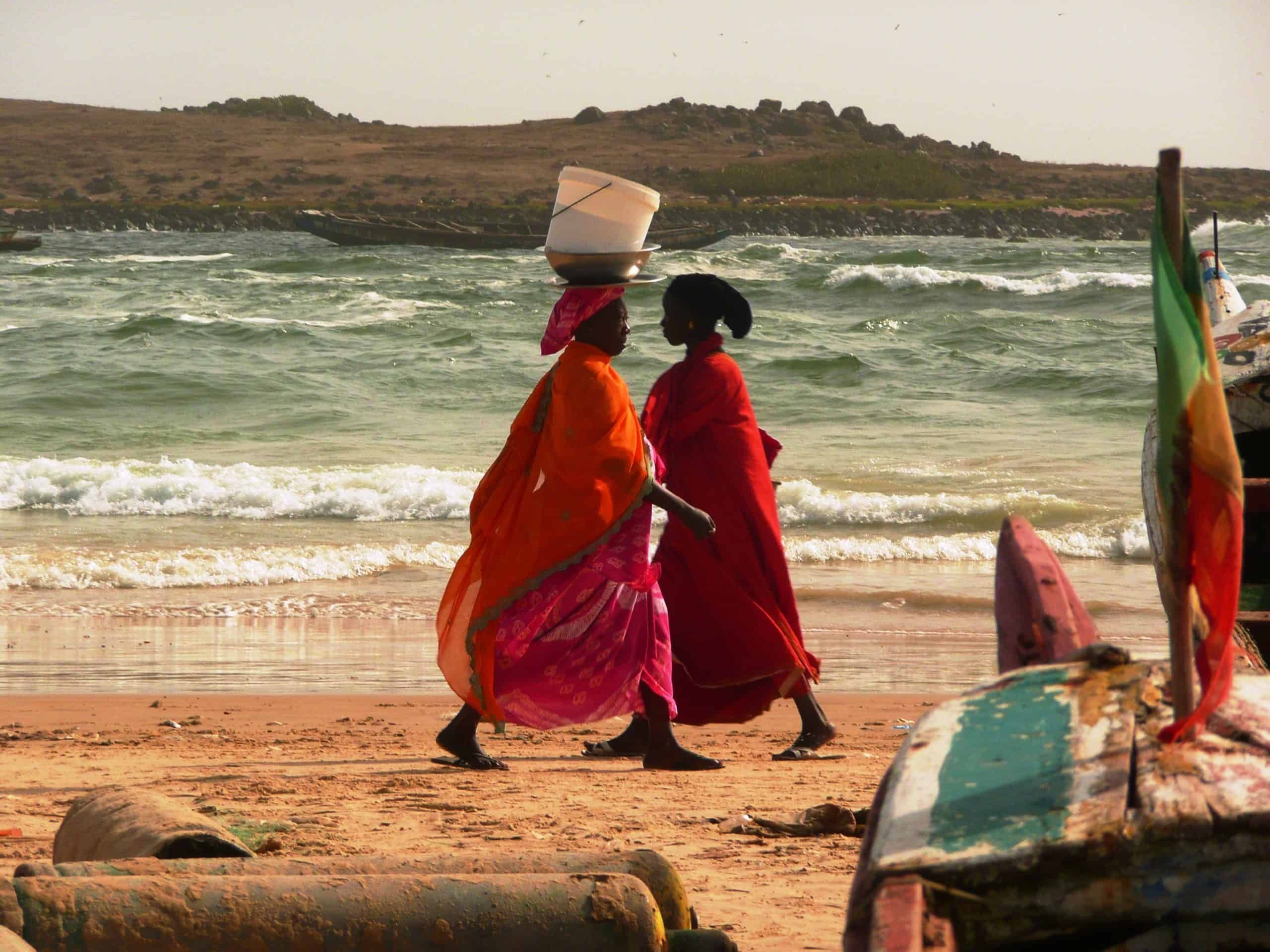Main Navigation
Senegal
Overview
Senegal’s Plan Senegal Emergent outlines a development model to facilitate its transition to a green economy.
Senegal has established itself as one of West Africa’s economic hubs and made significant strides towards improving the well-being of its population. But, with approximately 50 per cent of its territory classified as semi-arid, the country is especially vulnerable to climate change. As a large share of the population relies heavily on natural capital for their livelihood, committing to a green economy is key for developmental success.
Senegal adopted the “Plan Senegal Emergent” (PSE) in 2014, bolstered by a National Strategy for Sustainable Development. In this context, Senegal requested PAGE support in early 2014, with assistance focusing on the operationalization of the PSE and its five-year Priority Action Plan (PAP 2014-2018). Since 2018, the PSE II and the second PAP to span 2019-2023 have become specific areas of attention.
Sustainable Development
Throughout the course of the partnership with PAGE, there have been a number of achievements in Senegal including the integration of Inclusive Green Economy (IGE) principles into national policies; shaping sectoral and thematic reforms across green jobs, sustainable construction, waste management, green industry and sustainable use of revenues from oil and gas; and fostering ingenuity and entrepreneurship to support green growth. In turn, this has contributed to the achievement of several SDGs, including SDGs 4, 5, 8, 9, 12 and 17.
COVID-19 and Green Recovery
To promote the integration of green economy within the economic recovery process, Senegal developed a proposal for additional funding for green recovery work in 2020. Through this work, PAGE will aid in embedding green economy principles within ongoing economic recovery processes, notably the adjustment of the Priority Action Plan of the second phase of the Plan Senegal Emergent Priority Action Programme (PAP). To inform the process, PAGE will be partnering with the Economic, Social and Environment Council to develop a green recovery strategic orientation document focused on green taxation, sustainable public procurement, and youth entrepreneurship. Stakeholders and the media will also be mobilized in the dissemination of the policy orientation document and green recovery response measures. Additionally, and in line with Senegal’s recovery plans, PAGE will provide technical support to sectoral programmes targeting the sustainable management of forests and the plastics recycling sector, as well as in the development of a sustainable public procurement system to further support the greening of the recovery.
PAGE Milestones
- 2014
The Plan Senegal Emergent (PSE) adopted, together with its five-year Priority Action Plan (PAP 2014-2018)
PAGE work commenced following request from the Ministry of Environmental and Sustainable Development
- 2015
National Strategy for Sustainable Development adopted
Green industry sectoral assessment and action plan towards green industrialisation developed
First edition of the Green Economy Days in Senegal held
National Green Jobs Strategy formulated and operationalised
- 2016
National Strategic Orientation Document on Green Economy, together with supporting action plan formulated
First National Academy on Green Economy held
- 2017
Workshop held by the GERME programme to build a pool of trainers providing business development services to green entrepreneurs
- 2018
Development of the PSE II and second PAP to span 2019-2023
National Platform for Green Economy and related Action Plan launched at PAGE supported Green Economy Days
Workshop convened fostering the integration of the National Strategy on Green Jobs into the new National Employment Policy
PAGE partnership launched with Ecole Nationale d’Administration to train high-ranking government officials
- 2019
National Strategy for the Promotion of Green Jobs (2015-2020) recognised by the World Future Council
Training workshop on green bonds supported by PAGE
Senegal enters final year of PAGE support, with sustainability strategy developed
- 2020
Third edition of the National Green Economy Days held in Dakar
Decree establishing the organizational modalities of the national platform on the green economy signed by the Minister of the Environment and Sustainable Development
Three sub-regional exchange webinars held for West Africa on green economy and climate change, jointly by PAGE and UN CC:Learn
Rapid assessments of the waste management market in Senegal
Progress in 2020: A Snapshot
Green Economy Days
Senegal’s third edition of the National Green Economy Days gathered key stakeholders on 11 and 12 February 2020 in Dakar. Organized by the […]
Senegal’s third edition of the National Green Economy Days gathered key stakeholders on 11 and 12 February 2020 in Dakar. Organized by the Government of Senegal, under the leadership of the Ministry of the Environment and Sustainable Development, and in collaboration with United Nations agencies and national partners of PAGE, the Green Economy Days were a forum to discuss a sustainability strategy beyond PAGE work, and further anchor green economy in Senegal. The agenda covered national green employment policies; an updated Green Economy Assessment; recent studies on green skills and green jobs, along with a methodology for the statistical estimation of green jobs; circular economy; and programmes for future skill development.
A green economy training module for Senegalese government officials, which was developed by the National School of Administration (ENA) with UNITAR, was also presented during the Green Economy Days.
A National Platform for Green Economy
Following the Green Economy Days, the Minister of the Environment and Sustainable Development signed a Decree on 20 May, which […]
Following the Green Economy Days, the Minister of the Environment and Sustainable Development signed a Decree on 20 May, which formally established the National Platform on the Green Economy. The Platform will continue to support the country’s green economic development in the years to come.
Waste management
In June 2020, the ILO and WIEGO (Women in Informal Employment: Globalizing and Organizing) launched a rapid assessment of the waste […]
In June 2020, the ILO and WIEGO (Women in Informal Employment: Globalizing and Organizing) launched a rapid assessment of the waste management market as well as an assessment of employing a cooperative approach in Senegal — aimed at enabling cooperatives within the waste sector. National workshops with UNIDO — focusing on the plastics value chain — will subsequently discuss the creation of a new industry around plastic and its high employment and income potential. The assessments will be validated at a national workshop co-organized by ILO and UNIDO in early 2021, in line with UNIDO’s work on circular economy and the plastics value chain and operators across the plastic value chain will be engaged to discuss the creation of the new industry.
Facilitating sub-regional exchange on green economy and climate change
PAGE has supported the West African Regional Learning Platform on Climate Change, a programme initiated by UN CC:Learn in collaboration […]
PAGE has supported the West African Regional Learning Platform on Climate Change, a programme initiated by UN CC:Learn in collaboration with the AGRHYMET Regional Centre (ARC), a specialized institution of the Permanent Inter-State Committee for Drought Control in the Sahel (CILSS). The platform facilitates experience sharing, training and dialogue between countries and institutions in the region on Inclusive Green Economy (IGE) and climate change learning, adapted to the context of the region.
Within this platform, PAGE has shared experiences from Senegal on the development of IGE policy and learning materials with other countries and institutions in the region. The webinars allowed countries to present their experiences, including case studies, success stories and learning resources developed in their respective countries. Eight countries from the region participated — Benin, Burkina Faso, Côte-d’Ivoire, Guinea Conakry, Niger, Senegal, Chad and Togo. The webinars also provided a platform for ENA to present the series of green economy modules developed in collaboration with PAGE in 2019.
Renewable energy training for Mékhé women
Led by UNDP, PAGE conducted a three-day training workshop from 11-13 December 2020 for Mékhé women on renewable energy, to help […]
Led by UNDP, PAGE conducted a three-day training workshop from 11-13 December 2020 for Mékhé women on renewable energy, to help women use clean energies and improve their health and environmental protection. The training was attended by 20 young women.




